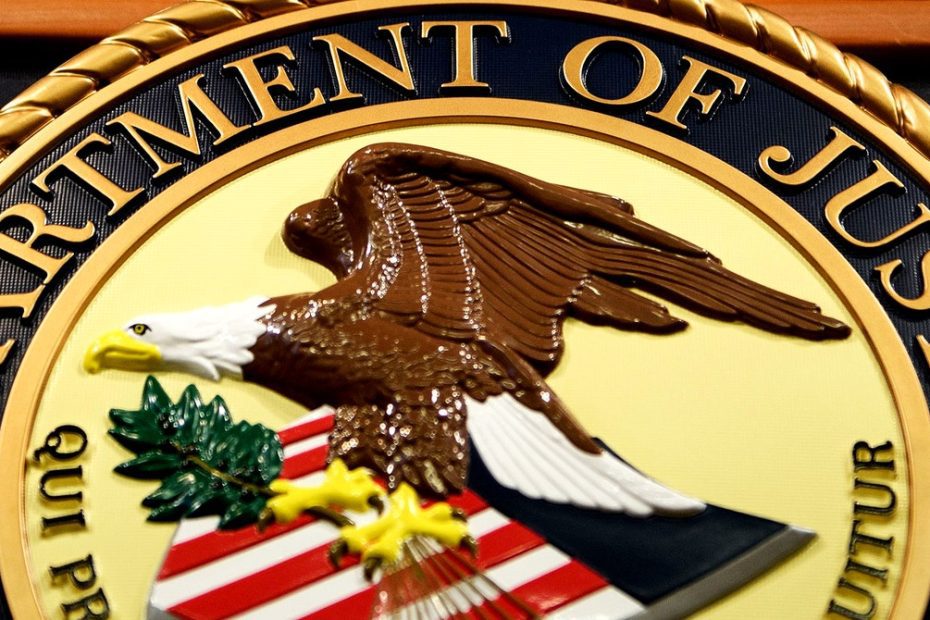In March 2019, TikTok agreed to an injunction from a U.S. federal court that prohibited the social media giant from collecting personal information from its youngest users without parental consent. According to a new lawsuit filed by U.S. authorities, TikTok immediately violated the injunction and is now facing fines of $51,744 per violation, per day.
TikTok “knowingly allowed children under the age of 13 to create accounts within the regular TikTok experience and collected extensive personal information from those children without first notifying parents or obtaining verifiable parental consent,” the U.S. Department of Justice alleged on behalf of the Federal Trade Commission in a complaint filed Friday in a federal court in California.
TikTok spokesman Michael Hughes said the company strongly disagrees with the allegations. He reiterated a statement the company issued in June, when the FTC voted to initiate litigation, that many of the issues raised involved “practices that are or have been addressed factually wrong.” Hughes added that TikTok “is proud of our efforts to protect children, and we will continue to update and improve the platform.”
Lawsuits over alleged violations of children’s privacy have become something of a ritual for social platforms, with companies like Google, Microsoft and Epic Games collectively paying hundreds of millions of dollars in fines.
But the case against TikTok also falls within the U.S. government’s escalating battle with the service, whose ownership by China-based ByteDance has raised national security concerns. Some U.S. officials and lawmakers have said they worry that China is misusing TikTok to spread propaganda and collect data on vulnerable Americans. TikTok has denied the concerns as baseless fearmongering and is fighting a law that would require it to seek new ownership.
The complaint, filed Friday, alleges that starting in 2020, TikTok didn’t let users sign up themselves if they entered a birth date that showed they were under 13. But it allowed those same users to go back, edit their birth date and sign up without their parents’ permission.
TikTok also allegedly did not remove accounts claiming to be owned by children unless the user explicitly admitted their age on their account, the lawsuit said. TikTok’s hired content moderators allegedly spent an average of just five to seven seconds checking accounts for age violations. “Defendants actively avoid removing accounts of users they know are children,” the lawsuit said. In addition, millions of accounts flagged as potentially owned by children were allegedly never removed due to a bug in TikTok’s internal tools.
The lawsuit acknowledges that TikTok has improved some policies and processes over the years, but that it still retains and uses personal information from children that should not have been obtained in the first place.
Authorities also took issue with TikTok’s special Kids Mode. The lawsuit alleges that TikTok collected and shared information about children’s use of the service and built profiles of them while misleading parents about the data collection. When parents tried to have their children’s data deleted, TikTok forced them to jump through unnecessary hoops, the lawsuit further alleges.
The government said TikTok should have known better because of the 2019 injunction, which stemmed from TikTok’s predecessor, a service known as Musical.ly, which allegedly violated a number of rules aimed at protecting children’s privacy. Those rules stem largely from the Children’s Online Privacy Protection Act, a law dating back to the dotcom era of the late 1990s that sought to create a safer environment for kids online.
U.S. lawmakers have been considering a major update this year in the form of the Kids Online Safety Act, or KOSA. The proposed measure, which passed the Senate earlier this week, would require services like TikTok to more closely monitor children’s use of the service. Opponents have said it would unfairly cut off some young demographics, such as transgender children, from vital support networks. The fate of KOSA remains uncertain. But as the case against TikTok reportedly shows, stricter regulations do little to stop companies from using familiar tactics.

